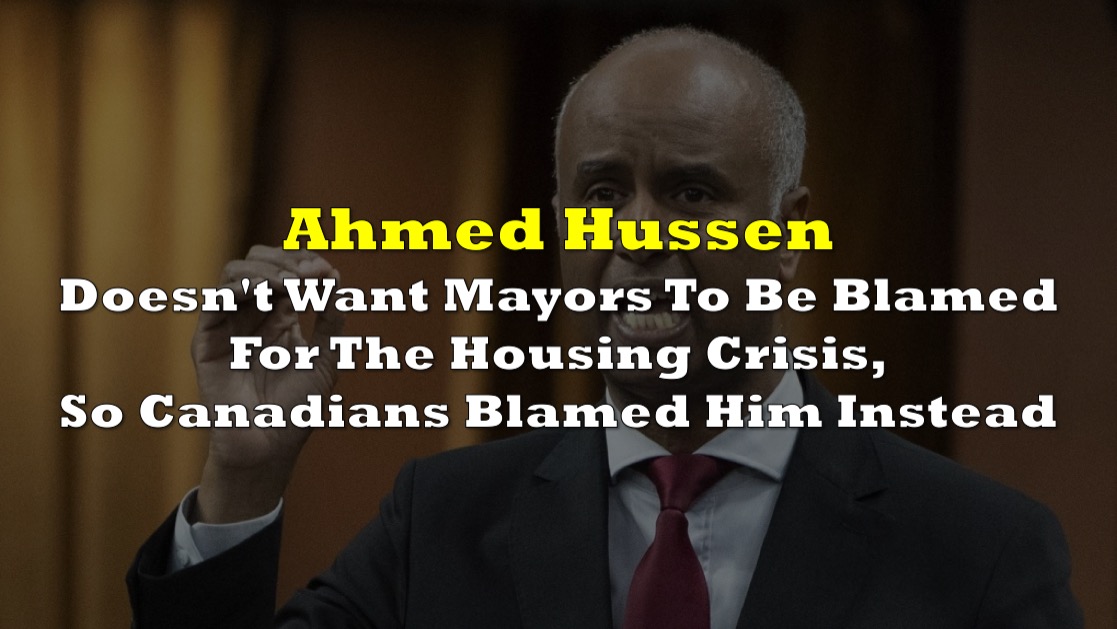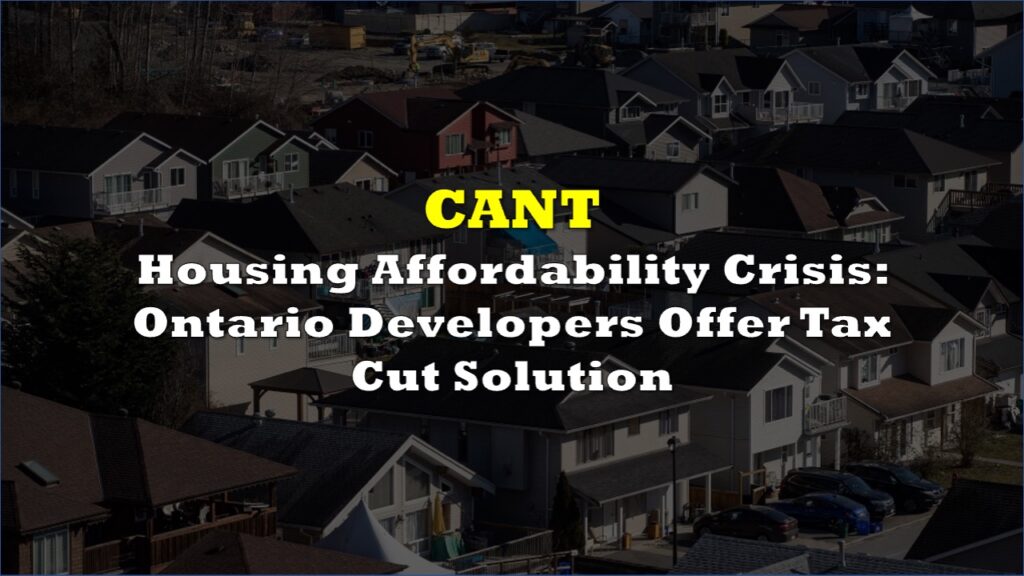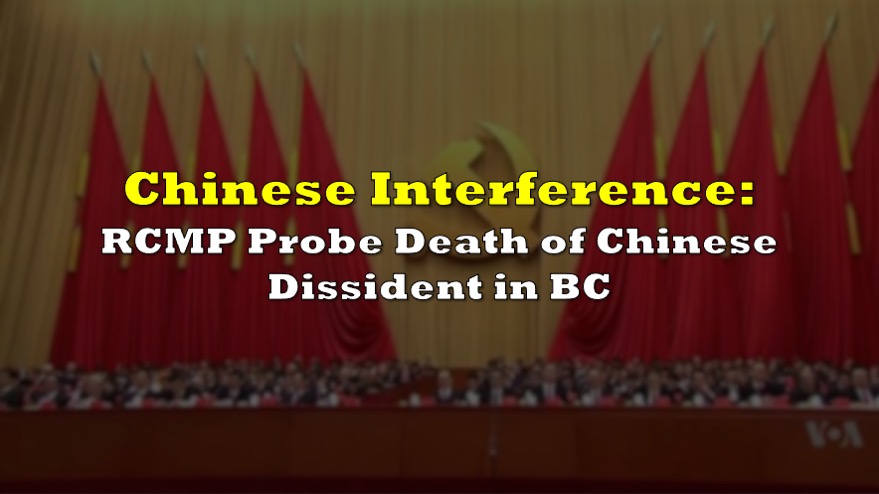Minister of Housing and Diversity & Inclusion Ahmed Hussen penned an op-ed castigating the opposition for blaming the municipal leaders for the ongoing housing crisis. But some Canadians on Twitter had another person in mind to blame: him.
“While Pierre Poilievre & the Conservatives are focused on cuts & far-right rhetoric,we are focused on one thing: bringing everyone to the table to get the affordable homes Canadians need, built now,” Hussen wrote in a tweet accompanying a link to his article.
Now is the time for solutions, not political theatre.
— Ahmed Hussen (@HonAhmedHussen) July 12, 2023
While Pierre Poilievre & the Conservatives are focused on cuts & far-right rhetoric,we are focused on one thing: bringing everyone to the table to get the affordable homes Canadians need, built now.https://t.co/GmvFlltaBP
In the opinion article, Hussen expressed disappointment with Leader of the Opposition Pierre Poilievre’s approach to addressing Canada’s housing crisis. Hussen emphasized the need for leaders to work together to tackle the pressing issue, stating that housing is a deeply personal matter for hundreds of thousands of Canadians.
Hussen criticized Poilievre’s “simplistic and politicized solution” to the housing shortage, which he wrongly attributed to municipal leaders. Instead of blaming mayors and engaging in partisan politics, Hussen emphasized the importance of cooperation and avoiding cuts to essential services and investments. He highlighted the significance of funding for infrastructure projects such as roads, hospitals, community centers, and public transit, noting that slashing such funding would hinder progress rather than facilitate solutions.
“Now is not the time to blame mayors. Now is not the time to pick fights for political gain. And yet, instead of putting aside partisan politics, Poilievre is pointing blame at the very municipal leaders who are working hard to help people in their communities,” Hussen wrote.
While Poilievre proposed cuts and demanded concessions from municipal leaders, Hussen expressed trust in Canada’s mayors to make the right decisions for their communities. Hussen advocated for providing incentives to local governments to encourage the construction of affordable, transit-oriented, and energy-efficient housing. He stressed the need to support cities and towns that are facing funding shortfalls, stating that reducing funding would only exacerbate the housing crisis.
“Poilievre’s ideas are not just simplistic and unworkable, worse still, they are counterproductive,” he added.
Hussen outlined the government’s approach, which includes the creation of the Housing Accelerator Fund. The fund aims to facilitate the construction of affordable and mixed housing, expedite ongoing projects, support permit approval processes, and optimize the use of government-owned land. Hussen encouraged municipalities to present creative and ambitious plans to maximize the impact of taxpayer dollars.
The minister provided an example of a successful partnership with the city of Hamilton, Ontario, where an investment was made to build nearly 500 new housing units. These units will be affordable, accessible, and energy efficient, with some specifically designated for women and their children. Hussen highlighted such results as evidence of the effectiveness of the Housing Accelerator Fund, which was a key component of the government’s election campaign platform.
Contrasting the government’s comprehensive approach, Hussen criticized Poilievre and the Conservative Party for advocating tax breaks for wealthy landlords as their sole solution to the housing crisis. Hussen pointed out the inconsistency in Poilievre’s actions, noting that while he claimed credit for the government’s ideas, he and his party voted against the Housing Accelerator Fund in the House of Commons.
“For the more than 20 years that Poilievre has been a career politician, he has shown that we just cannot take him seriously when it comes to housing policy,” Hussen wrote. “As a minister under prime minister Stephen Harper, Poilievre did not believe the federal government had a role to play on housing whatsoever. He had nearly 10 years to act, but he did not.”
Hussen further highlighted another example of inconsistency within the Conservative Party, citing Calgary MP Greg McLean’s contradictory stance on housing density and affordability. Hussen emphasized that building more homes requires increased density and reaffirmed the government’s commitment to rewarding municipalities that prioritize such initiatives.
“Be ashamed, Mr. Minister”
While Hussen seems to be proud of his article–pinning his tweet on his profile–some Canadians on Twitter pointed out the irony of his op-ed piece.
In response, Poilievre instead highlighted how housing costs have doubled under the ruling Liberal government. Many also pointed out that as Housing Minister, it is Hussen’s burden to bear the ongoing housing crisis and should focus on this instead of deflecting blame to the opposition.
Housing costs have doubled under Trudeau—now almost twice the price as the US.
— Pierre Poilievre (@PierrePoilievre) July 13, 2023
For the first time ever, 9 in 10 youth say they’ll never afford a home.
I’ll remove the red tape and taxes that block building, so we can bring homes you can afford. pic.twitter.com/h423VnVfRI
“There will be fewer housing starts in Canada this year than 2022 and there were fewer housing starts in 2022 than 2021,” wrote mortgage broker Ron Butler on Twitter. “You can hate on Poilievre. That’s politics. But to boast you are doing a great job on housing is so f*cked up, it’s also shitty politics.”
That's politics
— Ron Butler (@ronmortgageguy) July 13, 2023
But to BOAST you are doing a great job on Housing is so Fcked Up it's also shitty politics
I hope someone in the PMO approved this OpEd because you will sure need to throw a Telford staffer under the bus for OKing this POS
Be ashamed Mr. Minister, be ashamed
You seriously wrote an op-ed to critique the ideas of the opposition while national house prices have doubled under your leadership?
— Steve Saretsky (@SteveSaretsky) July 12, 2023
Housing has doubled in price during your reign, interest rates have tripled, thanks, I guess.
— Bill Bucky (@billbucklley) July 13, 2023
“It’s interesting that someone of your stature is so comfortable with partisan disinformation,” said Twitter user Alberta Boy.
This is not the first time the housing minister has been in hot water. While more and more Canadians are struggling to put themselves in a home they own, yielding more renters that have to keep up with rising rent payments, Hussen seems to be avoiding characterizing the situation as a crisis.
Pressed for a response by Parry Sound—Muskoka MP Scott Aitchison back in February on whether Canada is currently facing a housing crisis, Hussen otherwise described it as a challenge.
“I think we, as a country, are experiencing challenges with respect everyone having access to a safe and affordable home,” Hussen said.
In May, a petition supposedly launched by a Grade 8 student called for a ban on the housing minister’s personal investments in the housing market. Like a growing number of Canadians, the young student argues that the minister’s personal investments in the housing market make him more likely to make decisions that benefit wealthy homeowners and investors, rather than ordinary Canadians who are struggling to afford a home.
How many income properties do you own now?
— Old greenone (Jaime Cooke), space pirate. (@GreenoneOld) July 12, 2023
Information for this story was found via National Post, Twitter, and the sources and companies mentioned. The author has no securities or affiliations related to the organizations discussed. Not a recommendation to buy or sell. Always do additional research and consult a professional before purchasing a security. The author holds no licenses.









